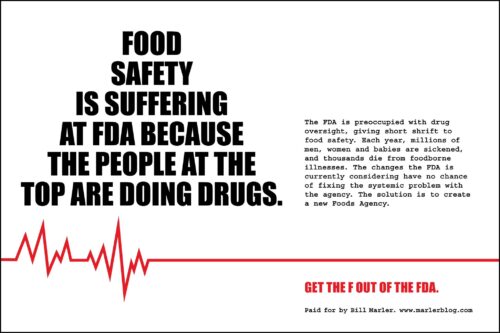Weekend reading: FDA’s curricula for middle and high school teachers
I started out my careeer as an instructor in a university biology department teaching cell and molecular biology. I got handed a nutrition course to teach and quickly discovered it was the best way to engage students in learning biology. I’ve never looked back.
Now the FDA has made the same discovery:
The Science and Our Food Supply Teacher Guides are challenging hands-on, minds-on activities that empower students to make informed choices about food safety, nutrition, biotechnology, and dietary supplements. They are crafted in a teacher-friendly modular format that easily fit into science, health, and other classes.
I. Food Safety: Science and Our Food Supply: Investigating Food Safety from Farm to Table (2014)
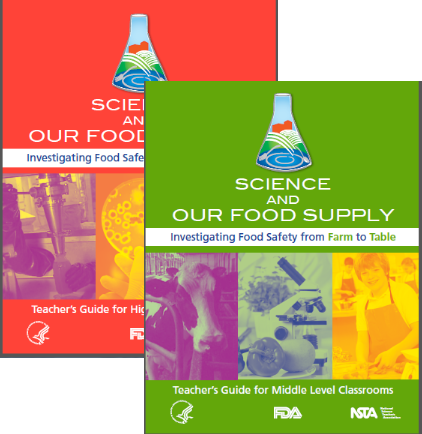
Resources
- Food Safety Middle Level Guide (PDF 8MB)
- Food Safety High School Guide (PDF: 8MB)
- Science and Our Food Supply: Fillable Student Activity Sheet
- Dr. X and the Quest for Food Safety Interactive Video
- Food Safety A to Z Reference Guide
- Careers in Food Science
II. Nutrition: Science and Our Food Supply: Using the Nutrition Facts Label to Make Healthy Food Choices (2022)
III. Biotechnology: Science and Our Food Supply: Exploring Food Agriculture and Biotechnology (2020)

IV. Dietary Supplements: Science and Our Food Supply: Examining Dietary Supplements (2021)
COMMENT
I think these are pretty good and could make teaching these topics easy for teachers and fun for students. They are written intelligently and do not talk down. All of them provide useful sections on how to decide whether information sources are reliable. For that alone!
The curricula provide plenty to work with, even though they are decidedly non-controversail. You would never know from reading the one on biotechnology, for example, that the topic caused much in the way of debate.



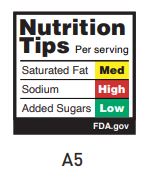


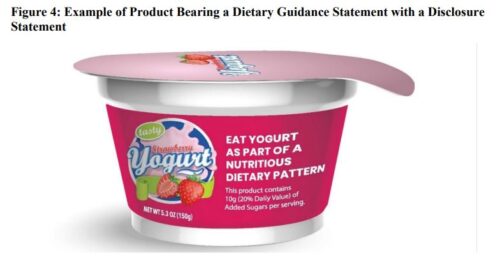
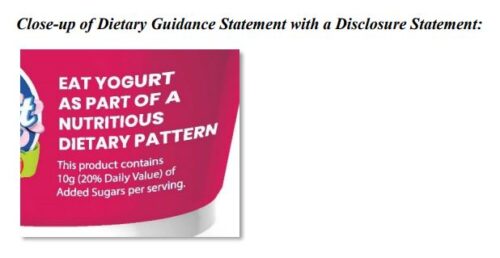 Here are the relevant documents:
Here are the relevant documents: